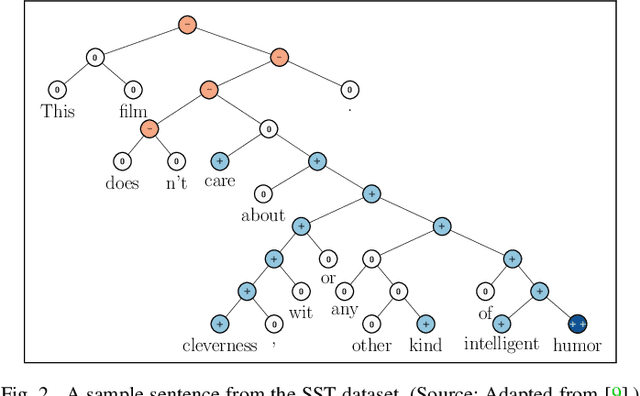Sushil Shakya
A Novel Zero-Touch, Zero-Trust, AI/ML Enablement Framework for IoT Network Security
Feb 05, 2025



Abstract:The IoT facilitates a connected, intelligent, and sustainable society; therefore, it is imperative to protect the IoT ecosystem. The IoT-based 5G and 6G will leverage the use of machine learning and artificial intelligence (ML/AI) more to pave the way for autonomous and collaborative secure IoT networks. Zero-touch, zero-trust IoT security with AI and machine learning (ML) enablement frameworks offers a powerful approach to securing the expanding landscape of Internet of Things (IoT) devices. This paper presents a novel framework based on the integration of Zero Trust, Zero Touch, and AI/ML powered for the detection, mitigation, and prevention of DDoS attacks in modern IoT ecosystems. The focus will be on the new integrated framework by establishing zero trust for all IoT traffic, fixed and mobile 5G/6G IoT network traffic, and data security (quarantine-zero touch and dynamic policy enforcement). We perform a comparative analysis of five machine learning models, namely, XGBoost, Random Forest, K-Nearest Neighbors, Stochastic Gradient Descent, and Native Bayes, by comparing these models based on accuracy, precision, recall, F1-score, and ROC-AUC. Results show that the best performance in detecting and mitigating different DDoS vectors comes from the ensemble-based approaches.
Fine-grained Sentiment Classification using BERT
Oct 04, 2019



Abstract:Sentiment classification is an important process in understanding people's perception towards a product, service, or topic. Many natural language processing models have been proposed to solve the sentiment classification problem. However, most of them have focused on binary sentiment classification. In this paper, we use a promising deep learning model called BERT to solve the fine-grained sentiment classification task. Experiments show that our model outperforms other popular models for this task without sophisticated architecture. We also demonstrate the effectiveness of transfer learning in natural language processing in the process.
 Add to Chrome
Add to Chrome Add to Firefox
Add to Firefox Add to Edge
Add to Edge